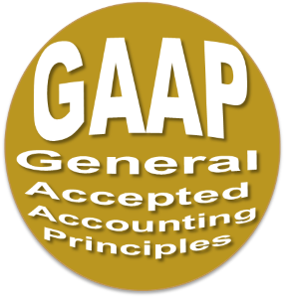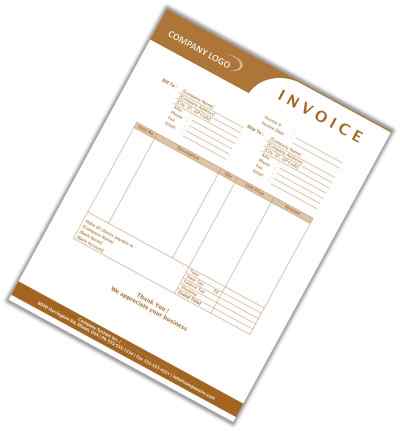Complementary Currency
A Parallel Digital Currency
When members conduct a transation in the GETS Trading Marketplace they use a parallel digital currency known as Trade Credits aka complementary currency this currency is a Enterprise-backed Trade Credit Obligation (TCO), which is based on a financial architecture known as a Peer-to-Peer Mutual Credit Clearing System. In the case of GETS Trading system it is a closed loop system backed by Enterprises.
The Worlds Oldest Complementary Currency 
The WIR Bank Complementary Currency system has proven to be a stable financial economic system since 1934, when it was implemented by the very successful WIR Bank of Switzerland, www.wir.ch which now supports nearly 20% (62,000) of Swiss SME's trading $6.5 billion of commerce annually The WIR Bank's currency code is CHW as designated by ISO 4217 https://en.wikipedia.org/wiki/WIR_Bank.
Trade Credit CHARACTERISTICS
The Trade Credit is: 
- Subject to VAT subject to all taxes
- Tax-deductible on business purchases
- Entered into company accounts the same as a sale or purchase
- A local and international currency
- Is equal to £1.00 in the UK and $1.00 Dollar in the USA
- Can be borrowed interest free* - goods and services only
- Can be paid as dividends, bonuses or salary
*Subject to application and review by GETS Trading
ACCOUNTING FOR TRADE CREDITS
Trade Credit transactions:
- Invoiced - as cash
- TAX - payable in cash
- Payment - guaranteed**
- Account entries -sames as cash
- Payment method - Trade Credits
- Terms of payment - in advance**
- Warranties and guarantees - between two parties as in cash transactions
- Medium of exchange/payment - Online Electronic Transfer
- Loans - 0% interest, with repayment terms in extra sales**
** If Trading Rules and Regulations are followed
Record Keeping and Tracking
Accounting for Trade Credit Transactions 
In accordance with General Accepted Accounting
Principles (GAAP), members must record all transactions at fair market value.
The member creates an additional bank account in their General Ledger to record
all trade credit transactions.
Similar to a cash sale, when a sale occurs, the revenue account is credited and
the trade credit account is debited.
When purchases occur, the asset, or expense, account is debited and the trade
credit account is credited. The trade credit account will equal the balance of
your The GETs Trading statement at the end of the month.
TAXES
Tax Treatment: 
There is no tax advantage or disadvantage to Trade Credit transactions. Income generated through GETS Trading is taxable in the year in which the sale occurs.
The GETS Trading issues monthly statements summarising the value of all sales and purchases.
Tax Deductible:
Certain purchases made through GETS Trading are tax deductible. Further, you may deduct costs you incurred to perform the work that was traded through the exchange as long as the expense is company related. We encourage you to consult a accountant or tax professional to determine the best way to record and account for trade business.
Tax on Trade Credit Transactions:
As the seller, you are responsible for collecting VAT on Trade Credit sales and remitting VAT to HMRC in cash. Taxable expenses can be recouped when you spend your Trade Credits within the exchange, provided that purchases made are Taxable purchases.


